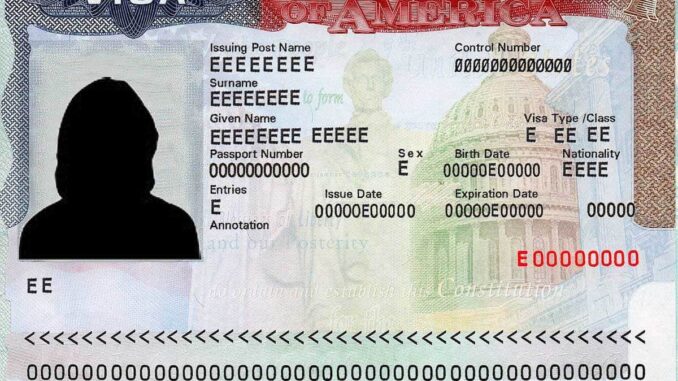
The United States has announced significant changes to its non-immigrant visa policies for Nigeria, Cameroon, and Ethiopia, drastically reducing the validity and flexibility of visas for most travellers from these countries. Under the revised policy, nearly all non-diplomatic visas issued to nationals of the three nations will now be valid for only three months and limited to a single entry. This marks a sharp departure from previous terms that often allowed multiple entries over two or more years.
The US Department of State says the move forms part of a “global reciprocity realignment”, intended to ensure that US citizens receive visa treatment abroad that mirrors what their nationals receive in the United States. However, the Nigerian government has strongly disputed this justification. On Thursday July 10, 2025, Presidential spokesman Bayo Onanuga insisted that Nigeria continues to offer five-year multiple-entry visas to US citizens, accusing the US of misrepresenting the facts. “The US government’s claim of reciprocity… does not accurately reflect the actual situation,” he said, calling the decision disproportionate and potentially damaging to longstanding educational and cultural ties.
While Cameroon and Ethiopia have not officially responded, the development has sparked considerable concern in Nigeria, particularly among the youth. The US remains a top destination for Nigerians seeking educational and economic opportunities, with a record 13.5% increase in Nigerian student enrolments in 2024 according to the Open Doors report. Some analysts link the policy shift to geopolitical tensions, including Nigeria’s increasing engagement with BRICS, while others, like immigration lawyer Godwin Oke, argue it is a predictable outcome of diplomatic reciprocity. The State Department maintains that visa policies are subject to ongoing review based on diplomatic, security, and immigration standards.
